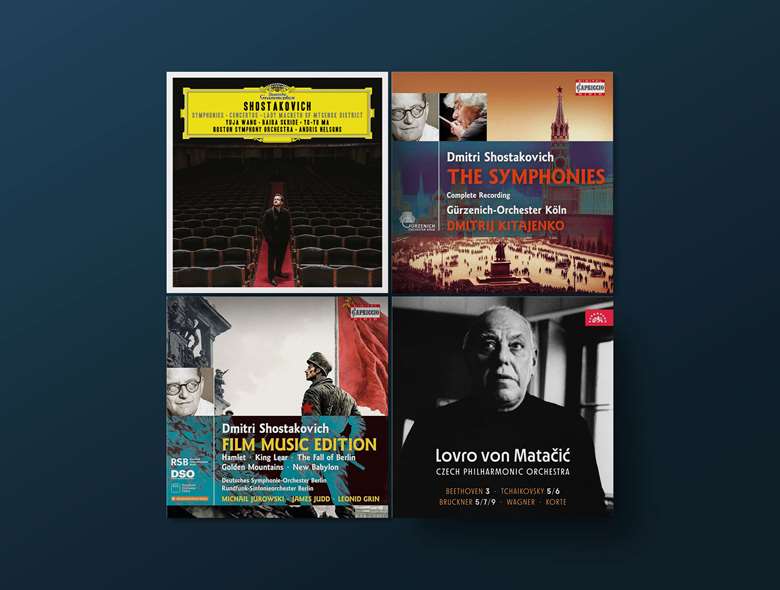Shostakovich at 50: three new box-sets that do the composer justice
Rob Cowan
Friday, May 16, 2025
Rob Cowan on sets honouring a composer anniversary and a Croatian conductor

Register now to continue reading
Thanks for exploring the Gramophone website. Sign up for a free account today to enjoy the following benefits:
- Free access to 3 subscriber-only articles per month
- Unlimited access to our news, podcasts and awards pages
- Free weekly email newsletter








